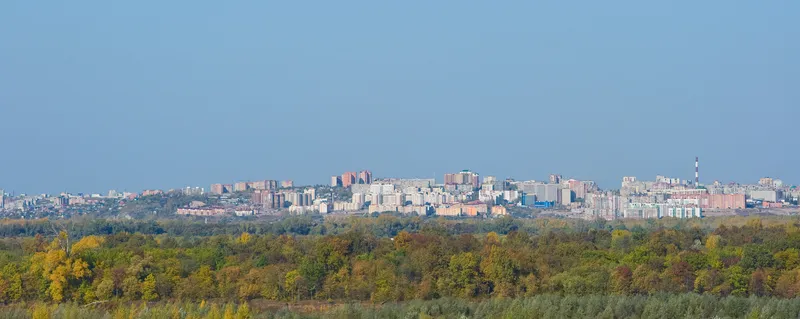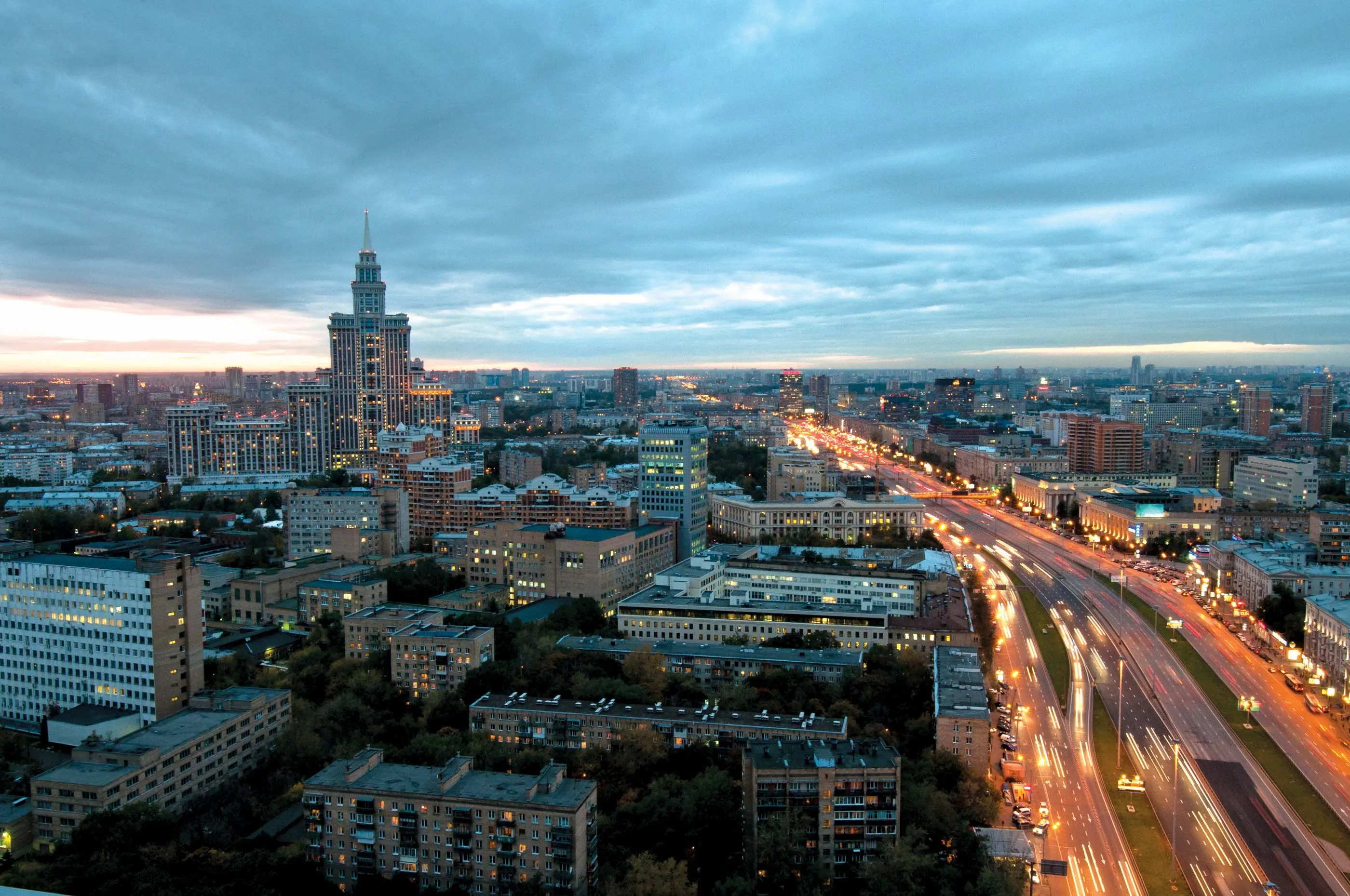Contractor Mostotrest has finished work on its US$114 million (€88.5 million) project to rebuild the Krestovsky overpasses over the Moscow and Oktyabrskaya railways at Prospect Mira, Moscow.
The link is a vital one for Russian’s capital as it is one of the key urban routes linking the Yaroslavskoye Highway with the centre of Moscow.
The company started work on the project in 2007 on the decision of the Moscow authorities for CJSC Administration of Capital Development, Utilities, Buildings and Roads (UKSIK
May 14, 2012
Read time: 2 mins
Contractor 2450 Mostotrest has finished work on its US$114 million (€88.5 million) project to rebuild the Krestovsky overpasses over the Moscow and Oktyabrskaya railways at Prospect Mira, Moscow.
The link is a vital one for Russian’s capital as it is one of the key urban routes linking the Yaroslavskoye Highway with the centre of Moscow.
The company started work on the project in 2007 on the decision of the Moscow authorities for CJSC Administration of Capital Development, Utilities, Buildings and Roads (UKSIKSID), the technical customer of the facility. The rebuilding work was handled by Mostotrest’s branch Mostootryad-4, with OJSC Hyprotransmost carrying out the design work.
The work was needed as the original Krestovsky overpasses were built in 1937 and were unable to cope with current (and predicted) traffic volumes.
The work involved combining the two Bolshoy and Maly Krestovsky overpasses into a single 361m long, steel-reinforced concrete span while the roadway was widened to ten lanes.
Despite the proximity of the overpasses to urban road and rail links, the company was able to allow road and rail traffic to continues at normal levels while work was carried out.
The project was complex and during the first stage, Mostootryad-4’s expert team disassembled the spans and slant legs of the original Bolshoy and Maliy Krestovsky overpasses using diamond cutting technology, while rebuilding the Starokrestovsky overpass, which was used for construction machinery traffic and constructing two temporary overpasses over the railway tracks to facilitate pedestrian traffic and access for the simultaneous construction of utility networks at Prospect Mira.
Meanwhile, work on a new 1.2km long, six-lane bridge over the Yenisey River in Siberia, scheduled to start this year, has been pushed back until 2011. The project, expected to cost some US$734.3 million (€569.5 million), will be the fourth crossing over the river.
The link is a vital one for Russian’s capital as it is one of the key urban routes linking the Yaroslavskoye Highway with the centre of Moscow.
The company started work on the project in 2007 on the decision of the Moscow authorities for CJSC Administration of Capital Development, Utilities, Buildings and Roads (UKSIKSID), the technical customer of the facility. The rebuilding work was handled by Mostotrest’s branch Mostootryad-4, with OJSC Hyprotransmost carrying out the design work.
The work was needed as the original Krestovsky overpasses were built in 1937 and were unable to cope with current (and predicted) traffic volumes.
The work involved combining the two Bolshoy and Maly Krestovsky overpasses into a single 361m long, steel-reinforced concrete span while the roadway was widened to ten lanes.
Despite the proximity of the overpasses to urban road and rail links, the company was able to allow road and rail traffic to continues at normal levels while work was carried out.
The project was complex and during the first stage, Mostootryad-4’s expert team disassembled the spans and slant legs of the original Bolshoy and Maliy Krestovsky overpasses using diamond cutting technology, while rebuilding the Starokrestovsky overpass, which was used for construction machinery traffic and constructing two temporary overpasses over the railway tracks to facilitate pedestrian traffic and access for the simultaneous construction of utility networks at Prospect Mira.
Meanwhile, work on a new 1.2km long, six-lane bridge over the Yenisey River in Siberia, scheduled to start this year, has been pushed back until 2011. The project, expected to cost some US$734.3 million (€569.5 million), will be the fourth crossing over the river.








